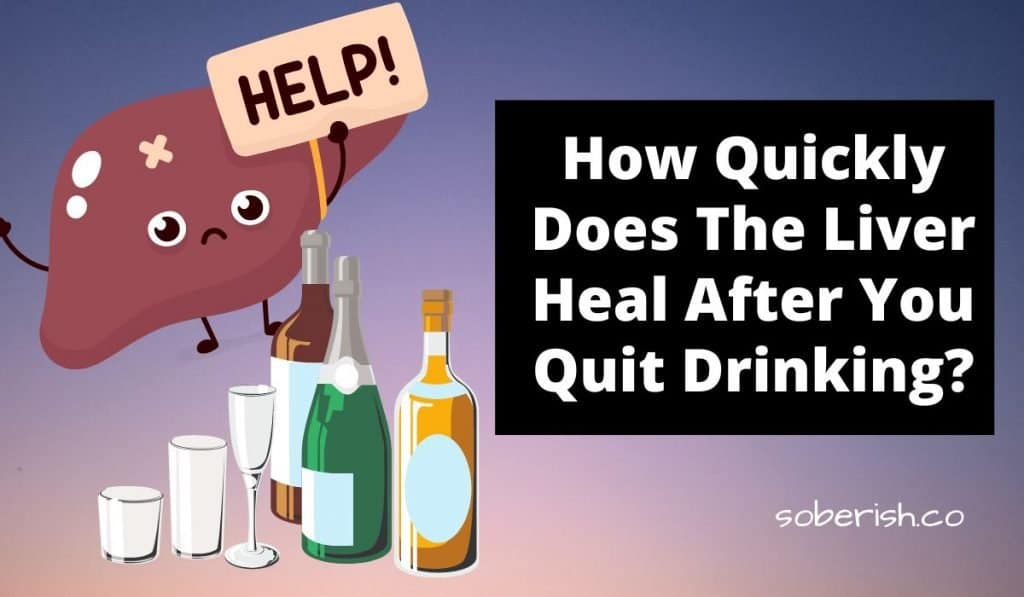- Home
- Solution
Your Brand, Our Strategy
-
Media & Visibility Solutions
-
Brand & Communication Solutions
Your Challenges, Our Smart Solutions
Let’s Talk Let’s Talk
-
- Agency
- Pricing Plan
- Media Hub

Fatty liver, even called hepatic steatosis, is a condition in which excessive fat accumulates in the liver. Fatty liver can be alcohol-induced, or it can be non-alcoholic fatty liver (NAFLD). This condition is becoming increasingly common in India due to unhealthy lifestyle habits like a high-fat diet, lack of exercise and obesity.
Multiple people with fatty liver disease do not experience any symptoms. However, the symptoms of fatty liver disease can include fatigue, abdominal pain, and a general feeling of being unwell. Other symptoms may include abdominal swelling, jaundice, and itching afterward.
Several danger factors can contribute to the development of fatty liver disease. Early alcohol consumption was considered the main cause of fatty liver. However, fatty liver is increasingly being diagnosed in obese people today. Other risk factors include diabetes and high levels of triglycerides in the blood.
Early Detection and Treatment
While there is no clear treatment for fatty liver disease, steps can be taken to reverse the condition. Losing weight is the most important step, as obesity is the main cause of the disease. The first step in treating fatty liver is diagnosis. Doctors usually recommend a combination of blood tests, imaging tests, and sometimes a liver biopsy to diagnose fatty liver.
Blood tests check liver enzyme levels and rule out other liver diseases. Imaging tests such as ultrasound, elastography (fibroscan), computed tomography, and magnetic resonance imaging are used to detect the presence of fat in the liver. Now performed less frequently as a diagnostic procedure, liver biopsy involves the removal of a small sample of liver tissue that is examined under a microscope to determine the extent of liver damage.
How to treat alcoholic fatty liver ?
The most effective treatment for people with fatty liver disease caused by alcohol use is to stop drinking. Even moderate alcohol consumption can contribute to the development of fatty liver disease, and excessive alcohol consumption can cause irreversible liver damage. It is essential to see a doctor before stopping excessive alcohol use, as withdrawal symptoms can be severe and life-threatening.
Alcoholic fatty liver develops because drinking too much alcohol, even for a few days, can accumulate fat. According to study estimates, alcohol-related fatty liver disease develops in 90 percent of people who drink more than 40 grams of alcohol (or four units) per day. This is equivalent to approximately two medium (175ml) glasses of wine or less than two pints of regular beer. Once you’ve been diagnosed with alcoholic fatty liver, it’s possible to reverse it by reducing your alcohol intake long-term. If you stop drinking for a certain period, your liver will break down the excess fat. If you wish to continue with it even after this, it must be in very limited quantities and done under medical supervision.
Why is lifestyle management important?
Once diagnosed, the main goal of treatment is to reduce the amount of fat in the liver and prevent further liver damage. The first line of therapy for fatty liver involves lifestyle changes. This includes consuming a healthy diet, losing weight, and exercising regularly. A healthy diet should include foods low in fat, sugar, and salt. High-fiber foods such as fruits and vegetables should be included in the diet. Losing weight is also important, as excess body fat can contribute to the development of fatty liver. Exercising regularly can help reduce liver fat and improve liver function.
In some cases, medications (still under evaluation) may be prescribed to treat fatty liver. Medications used to treat fatty liver include insulin-sensitizing agents, such as metformin, and lipid-lowering medications, such as saroglitazar. These drugs reduce insulin resistance and lower cholesterol levels in the liver. Other medications may also include vitamin E supplements and ursodeoxycholic acid.
In severe cases of fatty liver, surgery is recommended when lifestyle changes and medications are ineffective in treating the condition. The most common surgery used to treat fatty liver is bariatric surgery, which is weight loss surgery. It works by reducing the length of the stomach and limiting the amount of food consumed. It can support patients to lose weight and reduce the amount of fat in the liver.
Fatty liver is a common condition in India that can lead to serious complications if left untreated. Early diagnosis and treatment are important to prevent liver damage and improve liver function. Lifestyle changes are the most effective treatment. By adopting a healthy lifestyle and working closely with your health care provider, you can manage fatty liver and avoid the risks.




